Laura Riordan makes a triumphant return to DG to talk about and size up the higher-profile horror releases of late summer and early fall!
FIRESTARTER: May 12th in theaters
Stephen King adaptations have reached a saturation point not seen since the 1980s. We’ve reached the stage where studios are readapting King stories that were already successful like IT and PET SEMATARY, desperate for the name recognition of both the author and his major works. King films feel like they can either conform to his odd, 1950s-via-the-’80s worldview or attempt to sidestep that entirely. FIRESTARTER falls much more in the latter camp: it’s stylized to death in a dreary, color-sapped aesthetic that couldn’t feel less right of King’s comic book-y world. Zac Efron as a bewildered father tries his hardest to bring life to material that always felt like King’s first retread novel, trading on the ideas from Carrie rather than existing in its own right. God help us if they try to remake that for the fourth time next.
EVIL BONG 888: INFINITY HIGH: May 20th on Full Moon Features, now on Tubi
How does one review an EVIL BONG movie nine films and almost two decades into the series’ existence? I’ve sat through over half of the installments in this ever-loosening franchise, complete with the kind of crossover references once only found in comic books. Now, of course, a shared universe is hardly unique in the cinematic marketplace, though Full Moon’s brand of ultra-low budget sleaze gives it a charming amateurism that many slicker counterparts are missing. Eebee, as the titular villainess is known, has become almost a background character in her own franchise, playing second fiddle to the cameos and the grating and, in this installment, entirely running on fumes Rabbit, an overt stand-in for the pervert stoners watching.
Even as one of those, and perhaps the franchise’s most dedicated follower at this point, it’s hard to endorse EVIL BONG 888: INFINITY HIGH (the numerical naming system ignores EVIL BONG VS. THE GINGERDEAD MAN). There’s cheapness here that can feel nostalgically comfy, but often just seems cheap, sucking the energy out of scenes. One bit of crucial lifeblood is the character of Tom, played by The Last Drive In’s Diana Prince, who seems as exasperated and annoyed by the going-on as the viewer. Her one-liners are delivered in such a deadpan stare that they become much funnier than written. Prince uses her apathy towards a weak script to make a bored hostess feel real, or at least have something beyond empty references to other Full Moon z-movies. By the end of the film, I deeply wanted her and the other restaurant workers to rise up in revolt and kill Rabbit, freeing the franchise from his gnarled and sticky grasp. Unfortunately, we’re left in a computer-generated-effects wasteland as director Charles Band promises this will end the EVIL BONG adventures. We’ll see.
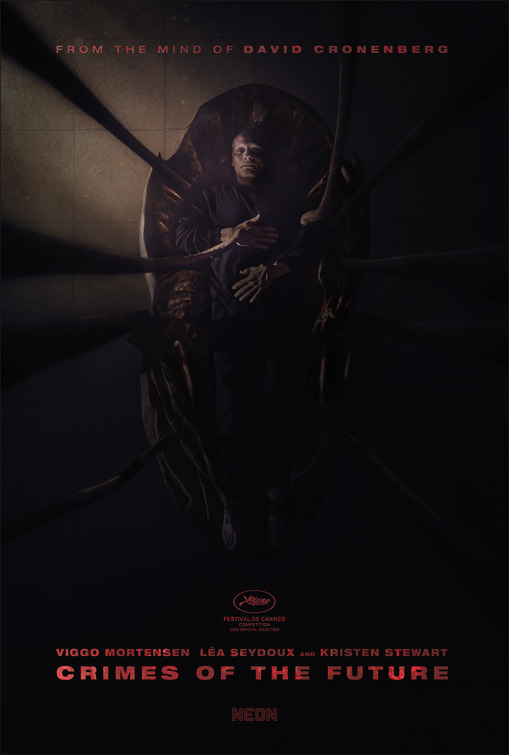
CRIMES OF THE FUTURE: June 3rd in theaters
I can understand the urge to herald this movie as a return of sorts for David Cronenberg, but to me, he never truly left. While his filmmaking career can certainly be broken down into two eras (his early horror/genre days and his later attempts at more “serious” films), I think his artistic sensibilities have remained unchanged. COSMOPOLIS, his 2012 Don DeLillo adaptation where most of the story unfolds in the backseat of a limousine, and MAP TO THE STARS, his burn-Hollywood-down melodrama, feel like an artist pushing himself while staying true to his twisted interests. And while CRIMES OF THE FUTURE returns Cronenberg to his familiar brand of Sci-Fi body horror, it isn’t a step back or a compromise. It’s a celebration.
The film stars frequent Cronenberg collaborator Viggo Mortensen as half of a performance art duo (Léa Seydoux plays his partner in life and art) who specializes in organ extraction. Many other films from the director explore this idea of new organs developing, and how humanity both detests and covets them, but this is the first where it seems society has already begun to shift to welcome this new human evolution. Whereas in films like RABID or VIDEODROME the world appears mostly similar to the one we know and characters are shocked by their discoveries, CRIMES OF THE FUTURE takes place in a society on the verge of collapse, a decaying system attempting to understand and control a growing population of radicalizing new organ hosts.
Transgender metaphors are hardly new ground to break in an analysis of a Cronenberg film, but CRIMES almost dares trans viewers not to see themselves in the underground society of body activists. The film’s final shot, a tight close up on Viggo’s face à la THE PASSION OF JOAN OF ARC, is dedicated to the idea of finding euphoria in a group of similar people. Kristen Stewart utilizes her typical neurotic style in a perfectly over-the-top performance akin to a chaser thirsting after the first trans woman she’s met and the metaphor only grows. While this is very much a film from an aging artist, it also feels like it could suggest the beginning of a new era for Cronenberg in terms of artistic expression that in ways that combine his two previous aesthetics. Long live the new old Cronenberg!
WATCHER: June 3rd in theaters
A film basically daring you to call it Hitchcockian can be very off-putting; that kind of shot-calling can be hubristic, raising audience expectations beyond a typical suspense picture. WATCHER wisely keeps the ambition small, the scale modest, and the cast slim to create a little thriller that feels more intimate than minuscule. New Scream Queen Maika Monroe (IT FOLLOWS, THE GUEST, TAU) stars as Julia, a woman fresh in Bucharest whose husband’s job keeps him away or, if present, often conversing in a language she doesn’t speak. She spends a lot of time looking out their apartment’s gorgeous floor-to-ceiling windows which is when she spots someone across the street doing the same. The film builds off this concept in a way that feels connected to how internet culture has turned everyone into voyeurs. It’s just as easy for the person watching Julia to say she’s the one actually watching him when the police come knocking.
And in many ways, he’s not wrong. But there is a difference between how the two characters are looking and one the film could perhaps spend a little more time exploring. It could go in some interesting directions in that vein with a sex worker neighbor, Irina, who becomes Julia’s first friend in the new country. Julia watches her in a few scenes that could have been elaborated upon, looking at how Julia becomes a voyeur to this woman. Unfortunately, that goes down a much more predictable and less exciting route that horror fans are sure to see coming for a character that commits such genre sins as being someone’s only friend and doing sex work. Her death feels cliché and purely to affect Julia’s story, with little thought given to Irina. It’s really Monroe’s movie, after all. She’s a cany actress who responds so well to scene partners, playing off her husband’s confused concern or her stalker’s awkward tension like she was really in that space with these fictional people. It’s a solid film with a lead performance that takes it just beyond being typical.
THE BLACK PHONE: June 24th in theaters
Scott Derrickson is perhaps the first director to leave the MCU machine and not feel compromised by the experience. When the news broke that the director of SINISTER and HELLRAISER 6 stepped down during development on DOCTOR STRANGE 2, it became a point of concern: what will he do next? But it seems to have benefited both the project and Derrickson: he got to return to his indie horror roots and make a Joe Hill adaptation that feels more personal than a superhero story, and Sam Raimi delivered a fairly triumphant comeback that isn’t as compromised to the factory line-style filmmaking like Marvel loves. Still, BLACK PHONE has its issues. It’s very content to be a standard horror film, nothing remarkable though certainly enjoyable. The setting will be familiar to any reader of Hill’s father, Stephen King: it’s 1978, it’s a small, American suburban town, and a darkness looms. In this case, the darkness belongs to Ethan Hawke’s character the Grabber, a serial killer acting out his own childhood trauma on the young boys of Denver.
But what exactly is that trauma? The film is vague about it, but in ways that I found creepy and compelling as opposed to sloppy. It’s clear an abusive father had something to do with it, which the film mirrors in the main character’s relationship with his father (it would be interesting to look at how this mirrors Hill’s tumultuous relationship with his father/his father’s legacy). But there also seems to be a repressed queerness to Hawke’s killer, which most likely was what motivated his father to act so violently. This again is mirrored in the protagonist whose relationship with another boy certainly verges on flirtatious in the opening scenes. When Finney becomes trapped by the Grabber, he sees the ghosts of previous victims, boys without lives left to live. His connections are what keeps him safe, longer than any captive before. The Grabber is an adult who’s repressed who he is to the point where it comes out in dangerous and violent ways, while Finney’s connection to who he is and others like him keeps him alive.
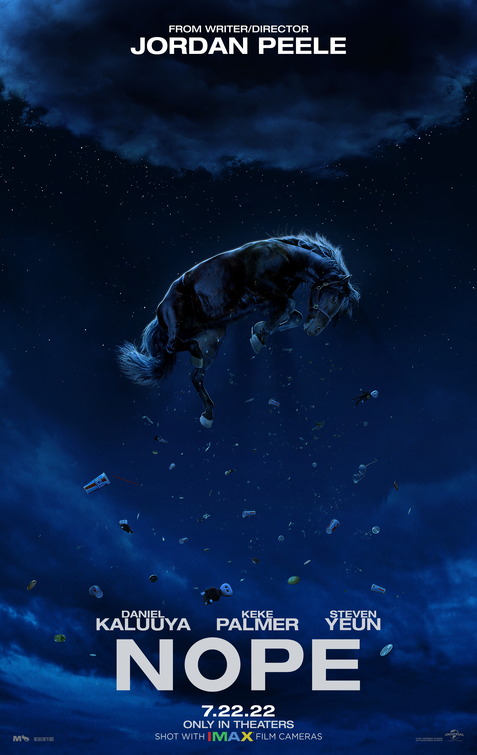
NOPE: July 22nd in theaters
It’s hard to be good at your job. It’s harder if you’re burnt out, or in it for personal glory, or traumatized about a lifetime spent in an industry that is so brutally uncaring it moves on the second it sees the winds begin to change. It’s easier if you have people with you who care about it in the same way you do. Maybe it’s best with family, people who you’ve known your whole life and who have your back in ways you didn’t know you needed. Maybe it’s best when you have something to prove, something to live up to. Really, though, it’s just impossible to know what that X factor is that makes something you create special, that gets people to care about it in a real way. It’s just like that shape in the sky you can’t quite make out. It’s just like NOPE.
Jordan Peele’s job is making movies, and thank god for that. His films feel connected to film history in a way that never feels cheap or cloying, like so many other directors who want to riff off Spielberg. Peele knows how to do homage in a way that is organic and not a cheap facsimile. Like Jean Jacket, our Kaiju-sized movie monster, he seems to be capable of sucking up vast quantities of film knowledge and spitting out all the bullshit unnecessary details other filmmakers can get bogged down in. Collaborators like actors Keke Palmer and Daniel Kaluuya, cinematographer Hoyte van Hoytema and production designer Ruth de Jong, and composer Michael Abels coming back for his third Peele score all mix together in this perfect storm of genre blockbuster that no new filmmaker can deliver but Peele. NOPE isn’t a perfect movie, but I doubt it was intended to be, content to be a shaggy dog about movie-making and trying your best to make something special. Sometimes that takes all the bits and pieces it can get.
BODIES, BODIES, BODIES: August 5th in theaters
BODIES, BODIES, BODIES successes and failures often mirror the characters present in this hurricane-soaked McMansion. It can feel too ambitious while being content with being similar to what you already know, much like Rachel Sennott’s podcaster character. Goofiness that can quickly switch to menace is a huge boon, brought mostly by funny and bizarre performances by Lee Pace and, to a lesser extent, Pete Davidson. Mostly, though, it feels dazed and unfocused, like a movie that can’t decide if it wants to be more satirical or slasher, kind of like the odd girl out at the rich kid party (BORAT 2’s Maria Bakalova). The loopy narrative and internet-influenced script can feel fun at times but often veers into headache-inducing nonsense as characters squabble past a point of any kind of human interaction logic. At a certain point, you just want everyone dead so you can leave this party.
THEY/THEM: August 5th on Peacock
It feels like few have good things to say about the NBC streamer’s foray into the slasher revival. While others have written about how offensive it feels to make a horror film set at a conversion camp while not focusing on the real horror at a camp like this or simply the gross pandering way these gay zoomers belt out a P!nk song at the drop of a hat, there’s a particular intention I saw in this film that stuck in my head for longer than its Ryan-Murphy-at-his-worst portrayal of queerness. The film wants to be in direct conversation with the 1984 slasher SLEEPAWAY CAMP so as to rebuke it, attempting to neutralize that queer panic of Reagan-era America. Of course, it can’t do that. SLEEPAWAY CAMP is many things, messy first and foremost, but it’s honest about how queerness and especially being trans was seen in that era. Angela is a tricky character to parse, but she is given opportunities in that ‘80s film to have fun, enjoy summer camp, and be a person. In contrast, the trans girl in THEY/THEM, Alexandra (even the names are similar), exists purely to suffer. She is forced into the boy’s cabin, made to wear clothes that don’t fit how she sees herself, and in a sequence that feels more disturbing than this kind of movie needs, harassed in the showers by a consular. This is a film that has no room for queer joy, but plenty for shame, especially in the context of violent retribution. It’s sad you suffer, THEY/THEM says, but fighting back just makes you more of a monster.
ORPHAN: FIRST KILL: August 19th on Paramount Plus
Let me be clear: I am firmly on board the ORPHAN hype train. From the moment I heard this title announced, I was excited. Not because I’m a huge fan of the first ORPHAN film, though I like it well enough. And it’s not as though I think FIRST KILL is a huge improvement on the previous, though I found it to be a very solid horror film with plenty of fun to be had. What excited me initially and continues to excite me about ORPHAN: FIRST KILL and how it’s been received is that it feels so in line with second entries in horror franchises like CHILD’S PLAY or PROM NIGHT or even HALLOWEEN. It feels like a real old-school horror sequel that’s primarily concerned with taking the premise to a new level, be that in gore, scale, or budget.
With FIRST KILL, however, it’s the themes that are expanded on first and foremost. One of the main issues with the first ORPHAN film is that it places the stereotypical American family as the ideal upon which the other inflicts horror. It’s a somewhat successful parenting metaphor for being afraid of what your child could become, but taken on a cultural level, it feels very much like a fear of a foreign other trying to undermine American family values. This sequel places Esther in a household far more fucked-up than what she could’ve predicted, a labyrinth of repressed memories and hidden trauma. Instead of watching Esther terrorize a wife and husband, we get to watch her slowly realize she’s out of her depth when it comes to how depraved a white rich American family is willing to be to protect what they think is there’s. Julia Stiles plays the matriarch with a cruel iciness that freezes out even Esther’s cool.

Laura Riordan does not exist. She is a freelance film writer and you can find her on Twitter.
Latest posts by Laura Riordan
(see all)
Tags: Alex Mace, Amandla Stenberg, Anna Chlumsky, Anna Lore, Austin Crute, Benjamin Kirk Nielsen, Bobby Ramos, Boone Platt, Brandon Perea, Brooks Davis, Burn Gorman, Carrie Preston, Charles Band, Chase Sui Wonders, Chloe Okuno, Christiana Cinn, Cody Carpenter, Conner O'Malley, Cooper Koch, Daniel Davies, Daniel Kaluuya, Darwin del Fabro, David Cronenberg, David Leslie Johnson-McGoldrick, Del Howison, Diana Prince, Disasterpeace, Douglas Koch, Ethan Hawke, Full Moon Features, Gloria Reuben, Halina Reijn, Hayley Griffith, Hiro Kanagawa, Horror, Howard Shore, Hoyte van Hoytema, IFC Midnight, Isabelle Fuhrman, James Ransone, Jasper Wolf, Jeremy Davies, Joe Hill, John Beasley, john carpenter, John Logan, Jordan Peele, Julia Stiles, Karim Hussain, Karl Glusman, Keith David, Keith Thomas, Keke Palmer, Kevin Bacon, Kristen Roupenian, Kristen Stewart, Kurtwood Smith, Lea Seydoux, Lee Pace, Lyn Moncrief, Maika Monroe, Maria Bakalova, Mark Ashworth, Matthew Finlan, Michael Abels, Michael Greyeyes, Michael Wincott, Michele Mais, Monique Kim, Myha'la Herrold, Nathan Halpern, Pete Davidson, Quei Tann, Rachel Sennott, Rossif Sutherland, Ryan Kiera Armstrong, Sarah DeLappe, Scott Derrickson, Scott Teems, Shudder, Sonny Carl Davis, Steven Yeun, Sydney Lemmon, Terry Notary, Theo Germaine, Tim Alverson, Viggo Mortensen, William Brent Bell, Zac Efron
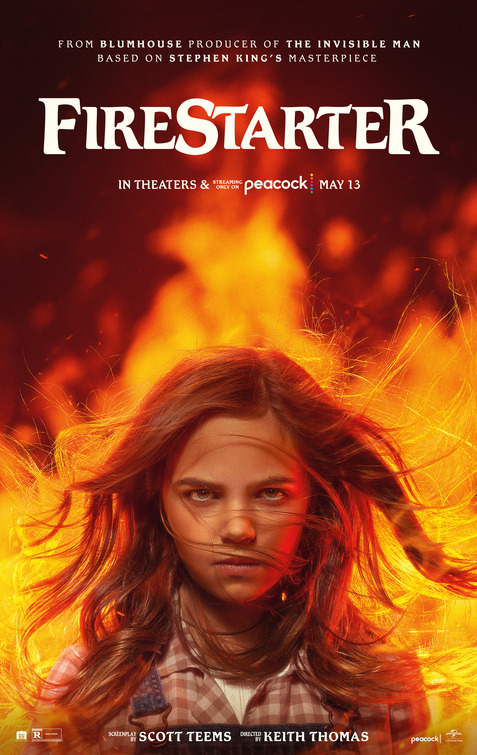
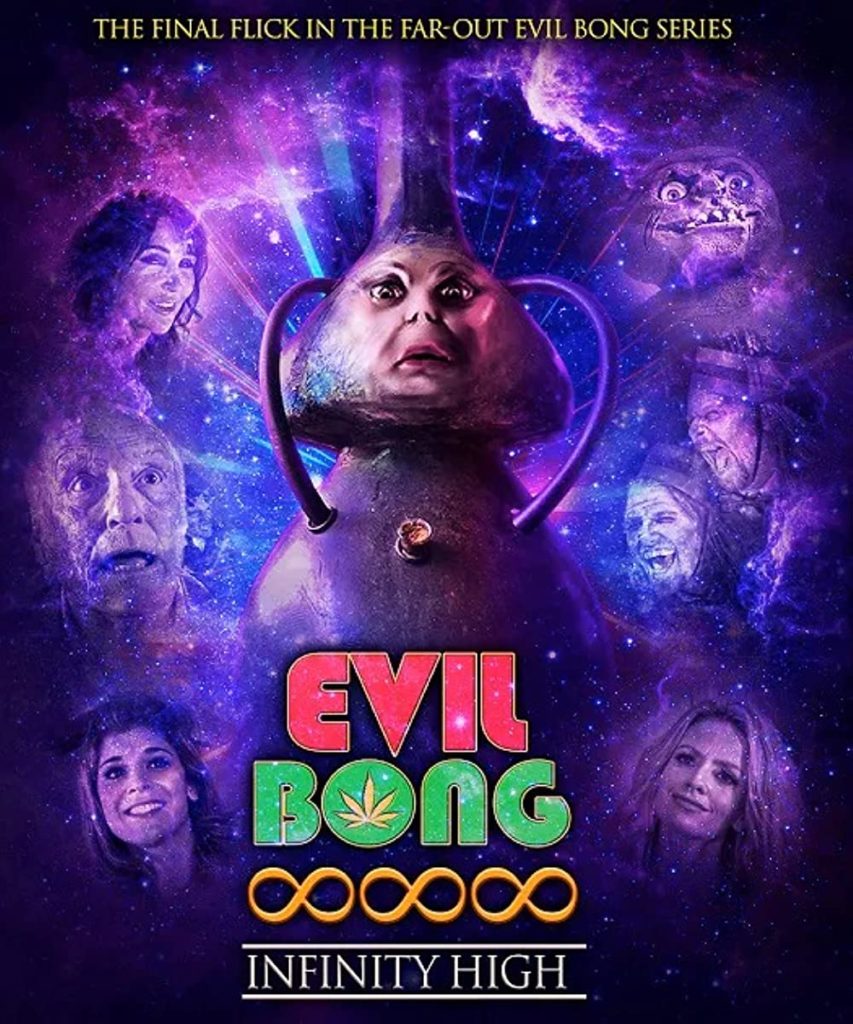


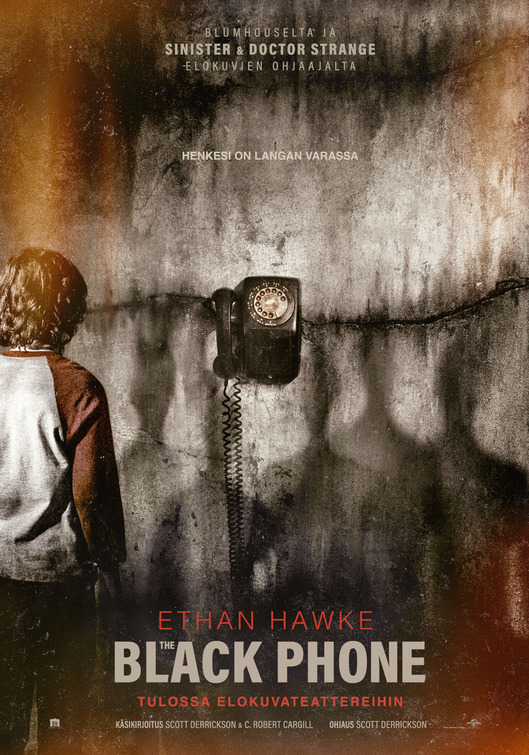

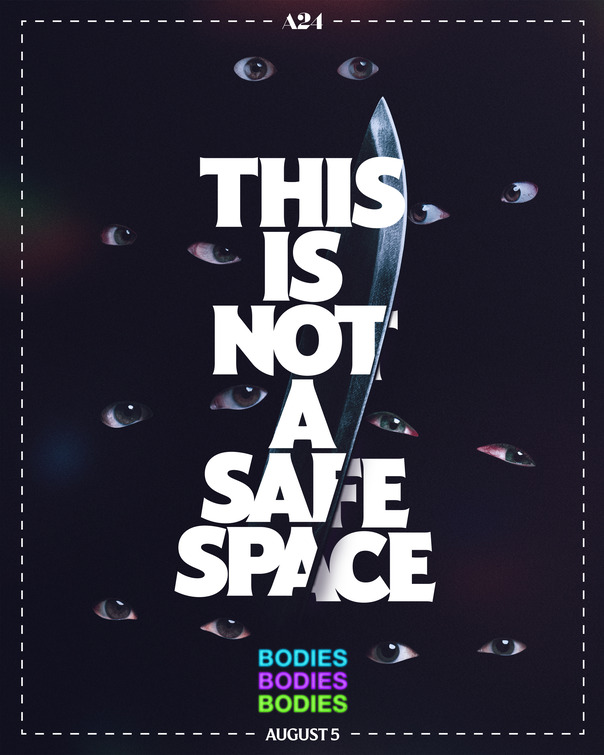
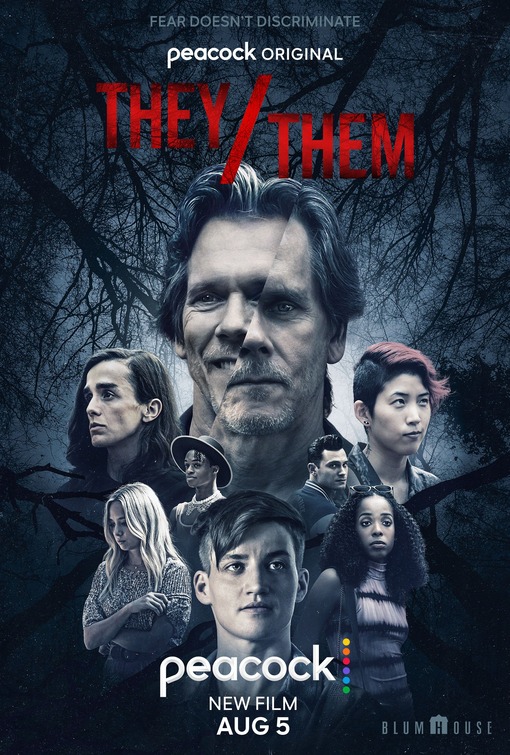
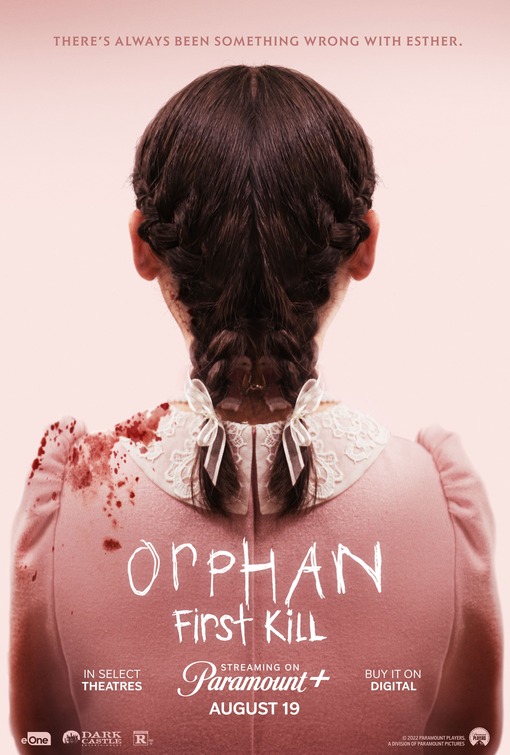
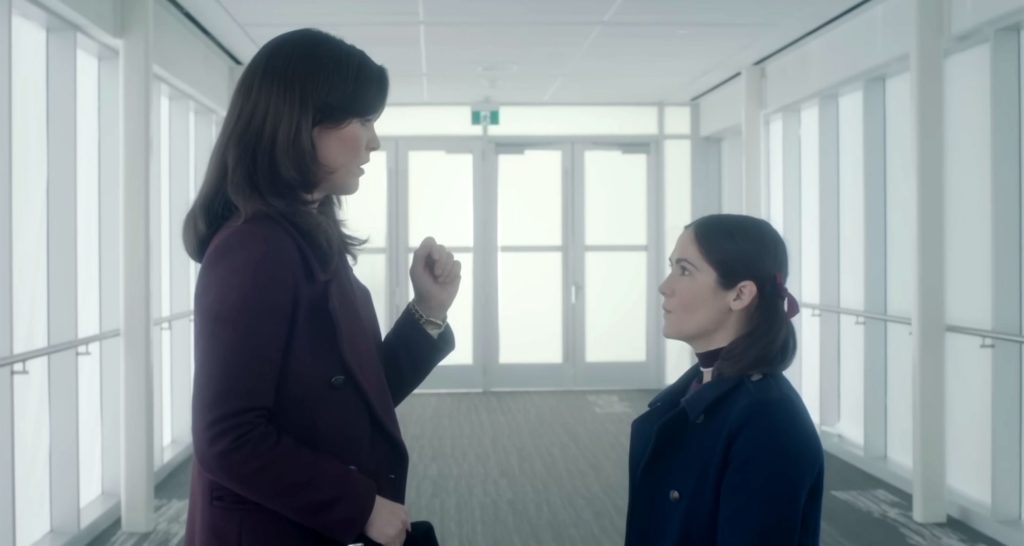

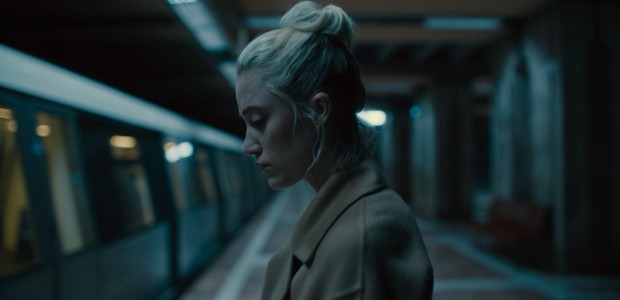

No Comments